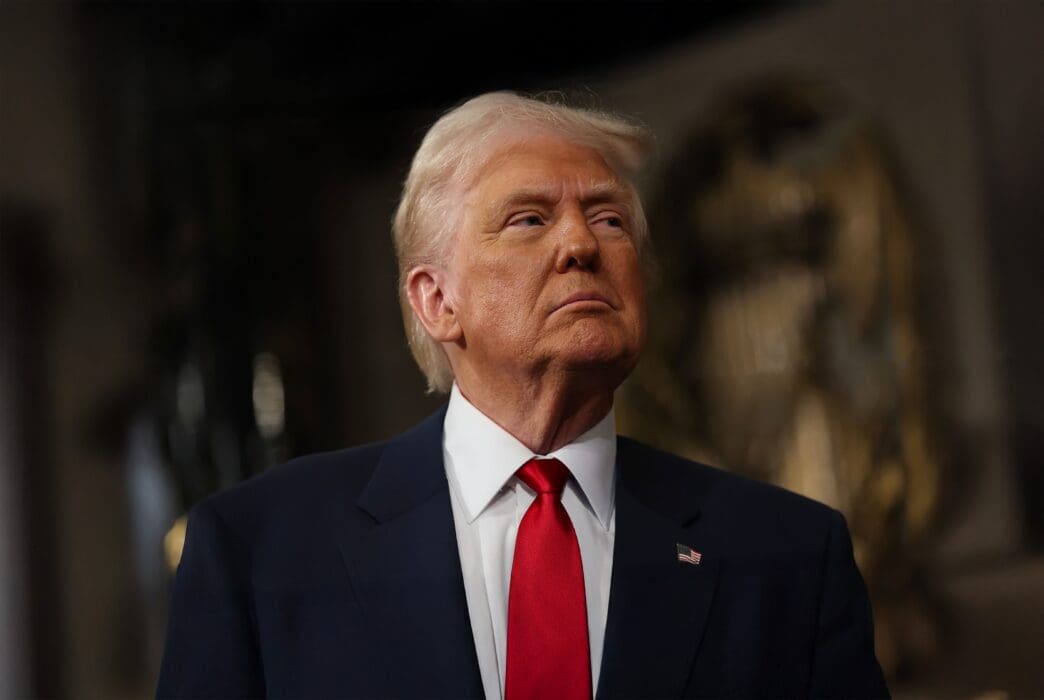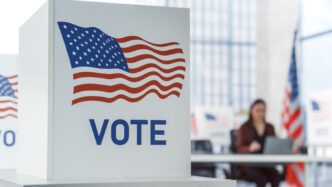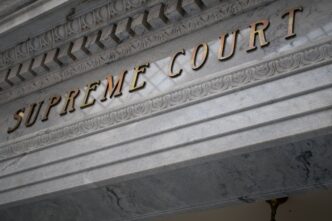Executive Summary
The Story So Far
Why This Matters
Who Thinks What?
Changpeng Zhao, the influential founder of the cryptocurrency exchange Binance, recently secured a pardon from President Donald Trump, reigniting scrutiny over the administration’s ties to the crypto industry and concerns that wealthy individuals may be able to circumvent legal repercussions. The reprieve comes as Trump has increasingly embraced the digital asset space, while his family’s financial ventures have developed direct business relationships with Binance.
Binance’s Global Reach and Legal Challenges
Zhao, widely known as “CZ,” launched Binance in 2017, rapidly transforming it into the world’s largest trading platform for digital assets. The exchange boasts 280 million users globally and handles over $217 billion in daily trading volume, commanding approximately 40% of the market share among centralized crypto exchanges.
Despite its vast reach, Binance has faced significant legal challenges for failing to comply with financial regulations in various jurisdictions, including the United States. In 2019, the global version of Binance was effectively banned in the U.S., leading to the launch of a more limited service, Binance.US, though reports indicated many users bypassed these restrictions.
In 2023, U.S. federal prosecutors accused Binance of becoming a hub for illicit activities, facilitating transactions linked to child sex abuse, narcotics, terrorist financing, and money laundering. The Department of Justice alleged that Binance lacked standard protocols for reporting money laundering risks, with internal communications indicating employees were aware of the oversight’s potential to attract criminals.
Zhao and Binance ultimately pleaded guilty to money-laundering violations. As part of a settlement, Zhao stepped down as CEO, paid a $50 million fine, and served a four-month federal prison sentence. Despite these penalties, Zhao reportedly retains an estimated 90% ownership of Binance, with a net worth exceeding $80 billion.
Following his release, Zhao, a Chinese-born Canadian national residing in the United Arab Emirates, stated that while his official record was tarnished, his reputation remained strong, and his business relationships were unaffected.
Crypto’s Mainstream Integration and Trump’s Stance
The cryptocurrency industry has grown into a $3.5 trillion sector, increasingly integrated into mainstream finance. Federal Reserve Board Governor Christopher Waller recently acknowledged that crypto assets “are no longer on the fringes” and are “increasingly woven into the fabric of the payment and financial systems.” This shift follows a period of instability, including the 2022 collapse of FTX, a competitor to Binance.
Institutional investment in crypto has surged with the introduction of Bitcoin ETFs, and Congress recently passed an industry-backed regulatory bill aimed at boosting adoption. However, public confidence remains low, with Pew Research indicating that 63% of Americans have little or no faith in crypto as a safe investment.
President Trump has evolved from a crypto skeptic to a vocal proponent, promising to make the U.S. the “crypto capital” of the world. The crypto industry became the largest corporate donor in the 2024 general election, significantly contributing to Trump’s campaign. His embrace has extended to launching his own memecoin, pardoning the founder of the Silk Road marketplace, and advocating for a national strategic bitcoin reserve.
Critics view the expanding crypto endeavors of the Trump family as a significant conflict of interest, potentially allowing for substantial financial flows to the family, overshadowing previous ethical debates surrounding his business holdings.
Direct Financial Ties Between Binance and the Trump Family
The pardon of Changpeng Zhao by President Trump has drawn particular attention due to direct financial links between Binance and the Trump family’s crypto ventures. In March, the Trump family’s World Liberty Financial launched USD1, a dollar-pegged stablecoin.
According to reports, Binance developed the underlying code for World Liberty’s USD1 stablecoin and has promoted the coin to its extensive global user base. Shortly after its launch, a UAE-based firm announced a $2 billion investment in Binance using USD1. This deal is projected to generate millions in returns for World Liberty, a firm jointly controlled by the Trump family and the family of Steve Witkoff, Trump’s Mideast negotiator.
Ethical Concerns Persist
President Trump’s pardon of Changpeng Zhao, coupled with the direct financial ties between the Trump family’s crypto businesses and Binance, underscores ongoing ethical concerns regarding the intersection of political power and personal financial gain within the burgeoning digital asset industry.








